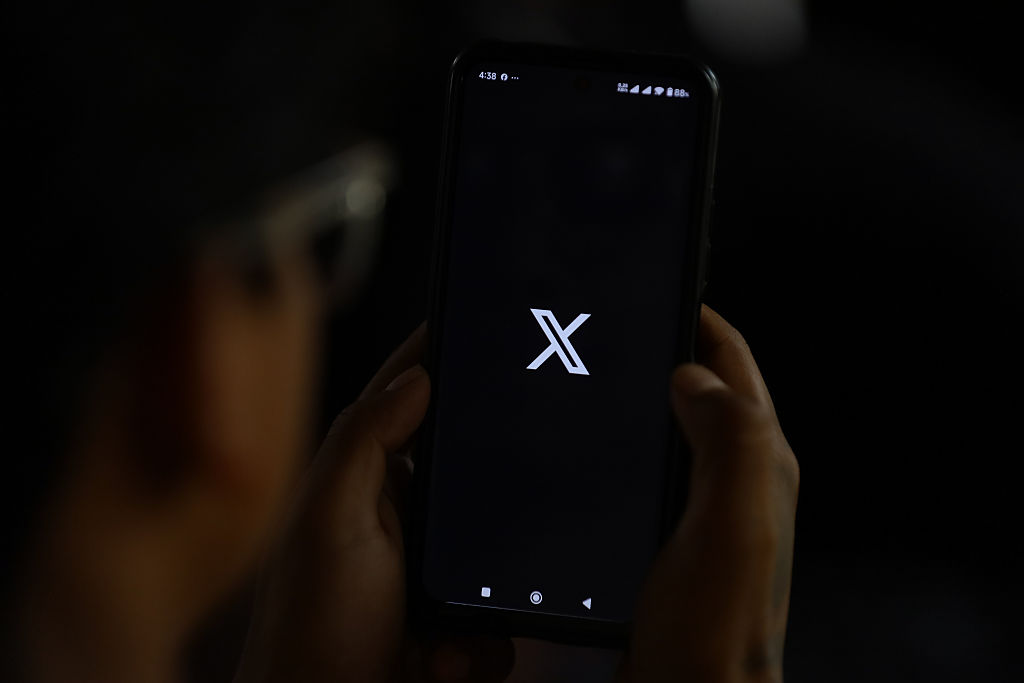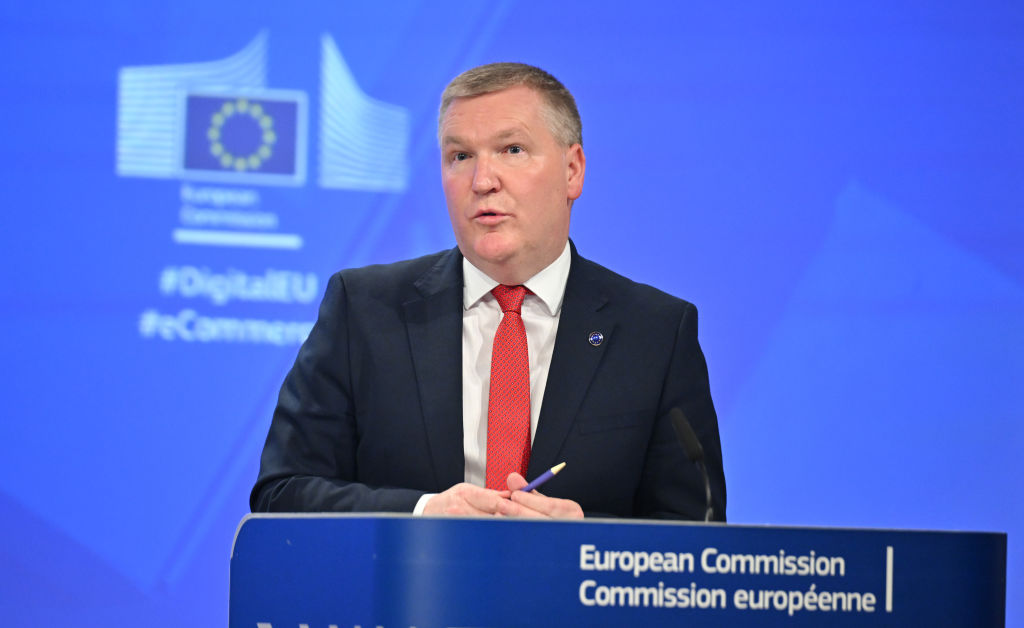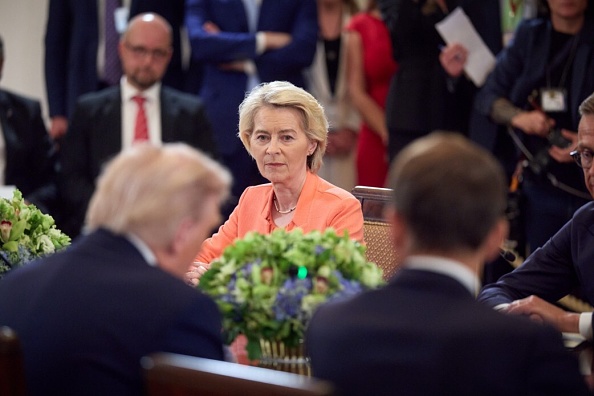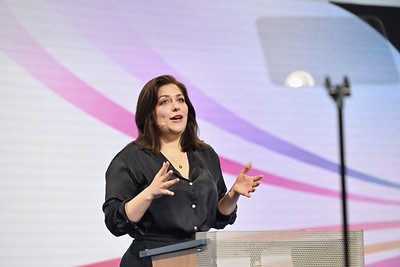Anti-EU online disinformation floods Czechia before elections
Czech parliament failed to designate a digital watchdog for the bloc's Digital Services Act (DSA), which populist parties in the country have branded a censorship tool
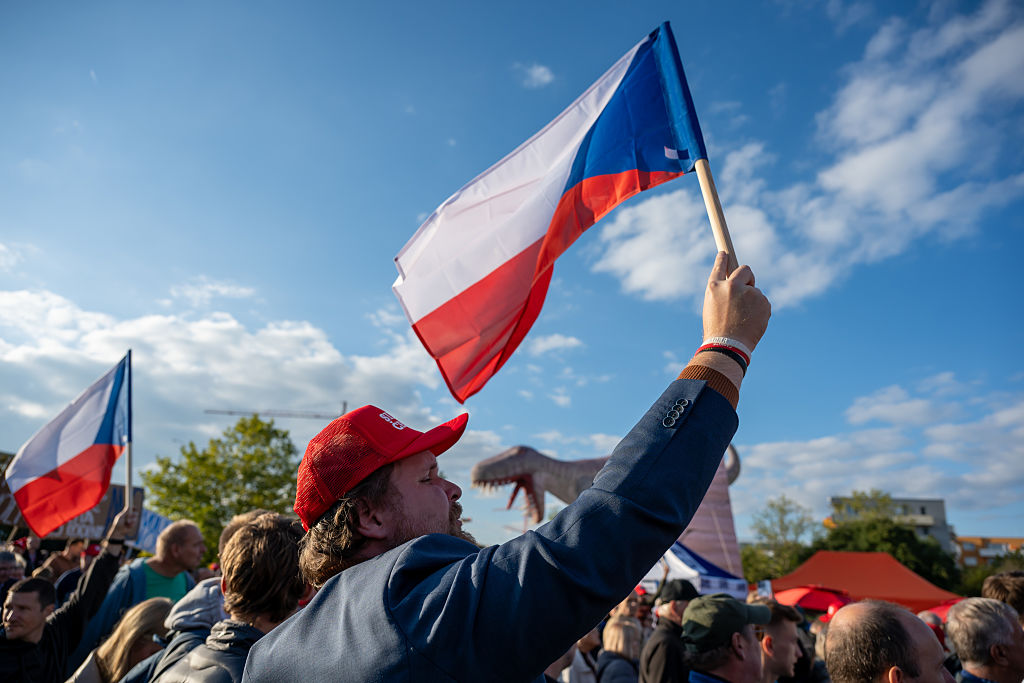
As Czechia heads to parliamentary elections on 3–4 October, the campaign has been overshadowed by a surge of online disinformation and doubts about the country’s capacity to enforce EU digital rules.
The populist ANO party, led by former Prime Minister Andrej Babiš, is at the forefront of this anti-EU propaganda social media blitz.
The state of Czechia’s information space is notable as the EU country has failed to install local regulatory oversight of digital services. In May, the European Commission referred the country (and four others) to the EU’s Court of Justice for not fully implementing the Digital Services Act (DSA).
The bloc’s online governance rulebook is supposed to ensure that online platforms take effective steps to uphold their own terms and conditions, which can be significant – especially during elections – for protecting democratic processes.
Czechia has not fulfilled a DSA requirement to appoint a digital services coordinator (DSC) to support enforcement of the rules nationally, meaning its local authorities are not yet empowered to carry out DSA-related tasks.
The delay stems from the national parliament. While the Czech Telecommunication Office has been “designated” as coordinator, it has not been granted authority to fulfil its mandate by parliamentarians.
While the Commission itself is responsible for DSA oversight on major social media platforms, national DSCs are responsible for liaising with such platforms, civil society groups, researchers, and the Commission – typically by hosting discussions and stress tests – to support enforcement.
Similar exercises were held in Romania, Germany, and the Netherlands ahead of their elections. This level of support has been missing in Czechia.
A ‘coordinating’ role in name only
The Czech government’s reluctance to empower the Telecommunication Office appears to be a political choice. Some anti-EU parties currently leading in the polls have sharply criticised the DSA, branding it a censorship tool, according to Jonáš Syrovátka, a Czech disinformation researcher.
The Telecommunication Office insists it is in “continuous communication” with social media platforms, a spokesperson told Euractiv. In late August, it organised a workshop in Prague with representatives from the Commission, as well as Google, Meta, X, TikTok, and Microsoft. The Commission later confirmed the meeting at its Thursday’s daily press briefing, while stressing that responsibility for coordinating with other stakeholders ultimately lies with the Czech authorities.
Still, the Telecommunication Office describes its role as merely “coordinating” DSA enforcement in Czechia. “It should be emphasi[s]ed that the agenda of systemic risks of very large online platforms is the exclusive competence of the European Commission,” the spokesperson added.
Meanwhile, locally active fact-checking groups and civil society organisations have been working through the EU’s Code of Practice on Disinformation, signed by Google, Meta, TikTok, Microsoft, and others.
The coordination takes place via a “temporary platform” – the DSA’s Rapid Response Mechanism – where researchers, NGOs, and tech companies are able to quickly exchange information on disinformation campaigns, explained Katarína Klingová, a researcher at the GLOBSEC institute, which has also signed the Code.
However, both Klingová and Syrovátka warned that far-right populist parties in Czechia have branded these efforts as EU attempts to “manipulate elections.”
Anti-establishment narratives take hold
The dominant narrative on social media has been that the election will be “stolen, manipulated, or rigged,” Klingová told Euractiv. Independent institutions, such as the Constitutional Court, have been accused of “political bias” and plotting to cancel or distort the vote, she added.
On Wednesday, hundreds of pro-Russian TikTok accounts flooded Czech networks to promote specific populist parties, according to the Czech Security Information Service. The agency’s findings were based on a report by the Czech NGO Online Rizika.
TikTok bots push anti-system parties ahead of Czech elections
PRAGUE – Coordinated networks of inauthentic TikTok accounts are pushing pro-Russian narratives and boosting anti-system…
2 minutes

“One clear conclusion from their research is that platforms amplifying anti-establishment politicians are also promoting pro-Russian messages,” Syrovátka said.
Compared to Moldova’s elections, which took place last week, foreign interference in Czechia – particularly from Russian bots – has been less intense, per Klingová, apart from a few incidents flagged by national security authorities.
A recent opinion poll by the Central European Digital Media Observatory, which surveyed the Czech population on their views about letting Czechs who live abroad cast their vote by mail, found 47% of respondents worry that the elections will be “manipulated” by a government unwilling to give up power.
Such populist anti-EU narratives have been pushed by domestic political actors in Czechia this election cycle, according to Syrovátka – but he says they have also long been entrenched in the country’s information space.
The poll also found that even more Czechs – 65% – are concerned about the negative impact of social networks on elections.
(nl, cs)




